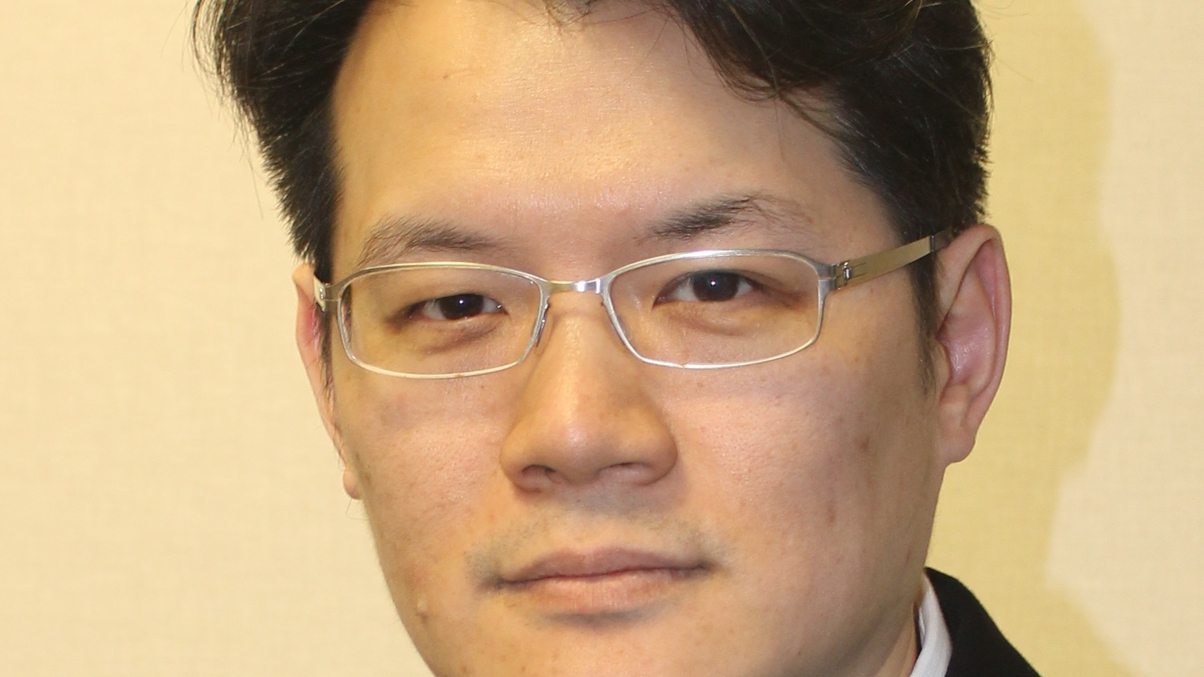Yuanta plans CTAs, sees passive overtake active assets
The Taiwanese fund house intends to enter the alternatives space amid expected regulatory changes, and is readying more passive products, which now account for most of its AUM.

Yuanta, the largest mutual fund house in Taiwan, plans to enter the alternatives space in light of regulatory changes expected in this area this year. The firm will also launch more exchange-traded funds in 2016, having recently seen its passive assets under management overtake its actively managed funds in terms of size.
Sign in to read on!
Registered users get 2 free articles in 30 days.
Subscribers have full unlimited access to AsianInvestor
Not signed up? New users get 2 free articles per month, plus a 7-day unlimited free trial.
¬ Haymarket Media Limited. All rights reserved.


